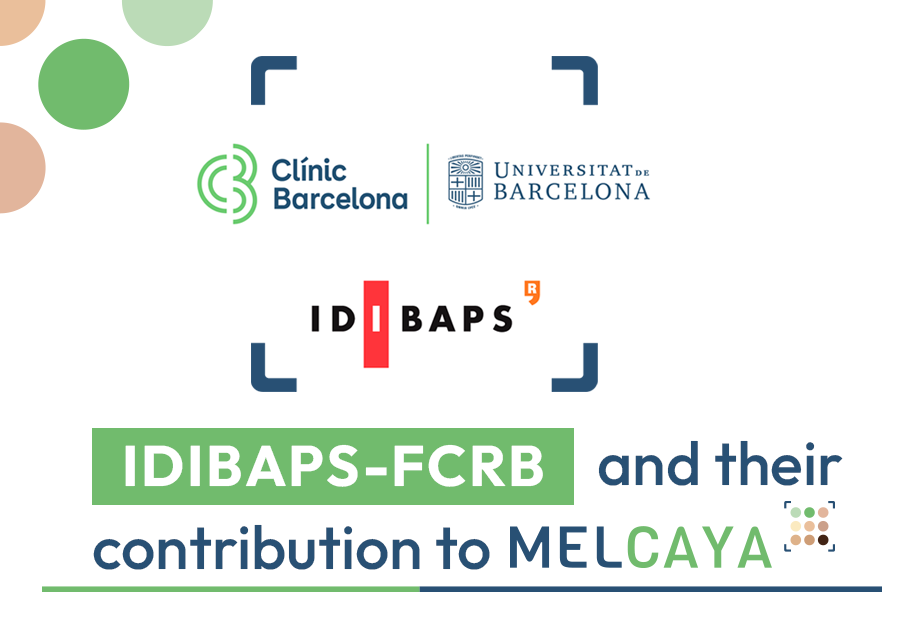
IDIBAPS takes part in the MELCAYA project
The research institute will coordinate all the activities organized within the project and will participate in every MELCAYA work package.
Founded in 1996, the Foundation for Clinical Research Barcelona-Institut
d’Investigacions Biomédiques August Pi i Sunyer (IDIBAPS) is a biomedical
foundation of excellence that addresses the most frequent diseases in our
environment. IDIBAPS is part of the CERCA institution and was accredited for
the first time as Health Research Institute by Instituto de Salud Carlos III in
2009. More than 2,000 professionals work at IDIBAPS, organized in a hundred of research
groups, which seek answers to the questions that arise at the patient’s
bedside, so that the advances are quickly transferred to the patients. With
more than 1,800 articles published last year, it is the main biomedical
research center in Spain.
IDIBAPS is excited to participate in MELCAYA, which is coordinated by Susana Puig, head of the research group
Melanoma: imaging, genetics and immunology. Melanoma
is currently poorly studied in children and young adults (CAYA) and there are
no personalised guidelines. “The MELCAYA project includes experts in different
disciplines such as oncology, paediatrics, ethics, policymakers, and more, as
well as different sectors, from hospitals to research centres and patient
associations, to change this situation and improve the approach taken to
melanoma in young people”, Puig
explains.
IDIBAPS will coordinate all the
activities organized within the project, such as workshops and meetings.
Moreover, it will lead work packages 6 and 7, although it will take part in
each of the 11 work packages that make up the project.
Work package 6, entitled “Use of minimally and non-invasive technologies
for early detection of metastasis and prognosis” will focus on developing an
artificial intelligence decision support system to do risk stratification of
melanoma patients using clinical, dermatologic and histopathological
information. This work package is also aimed at developing diagnostic devices,
like a breath analyzer and a disposable skin patch to detect compounds in
exhaled breath linked to melanoma.
The goal of work package 7“Health care system strategies implementation
to inform policy and ethical dimension” is to provide advice on new healthcare
system strategies compliant with European legislation and ethical standards for
the prevention and early detection of melanoma in the EU. To do that, an
assessment of the current standard of care will be performed, as well as an
ethical, legal and social evaluation of the innovative technologies for early
diagnosis of melanoma in CAYA.
Author: Marta Pulido on behalf of IDIBAPS
Keywords
IDIBAPS, MELCAYA, Melanoma, Research,
Susana Puig, Diagnostic

